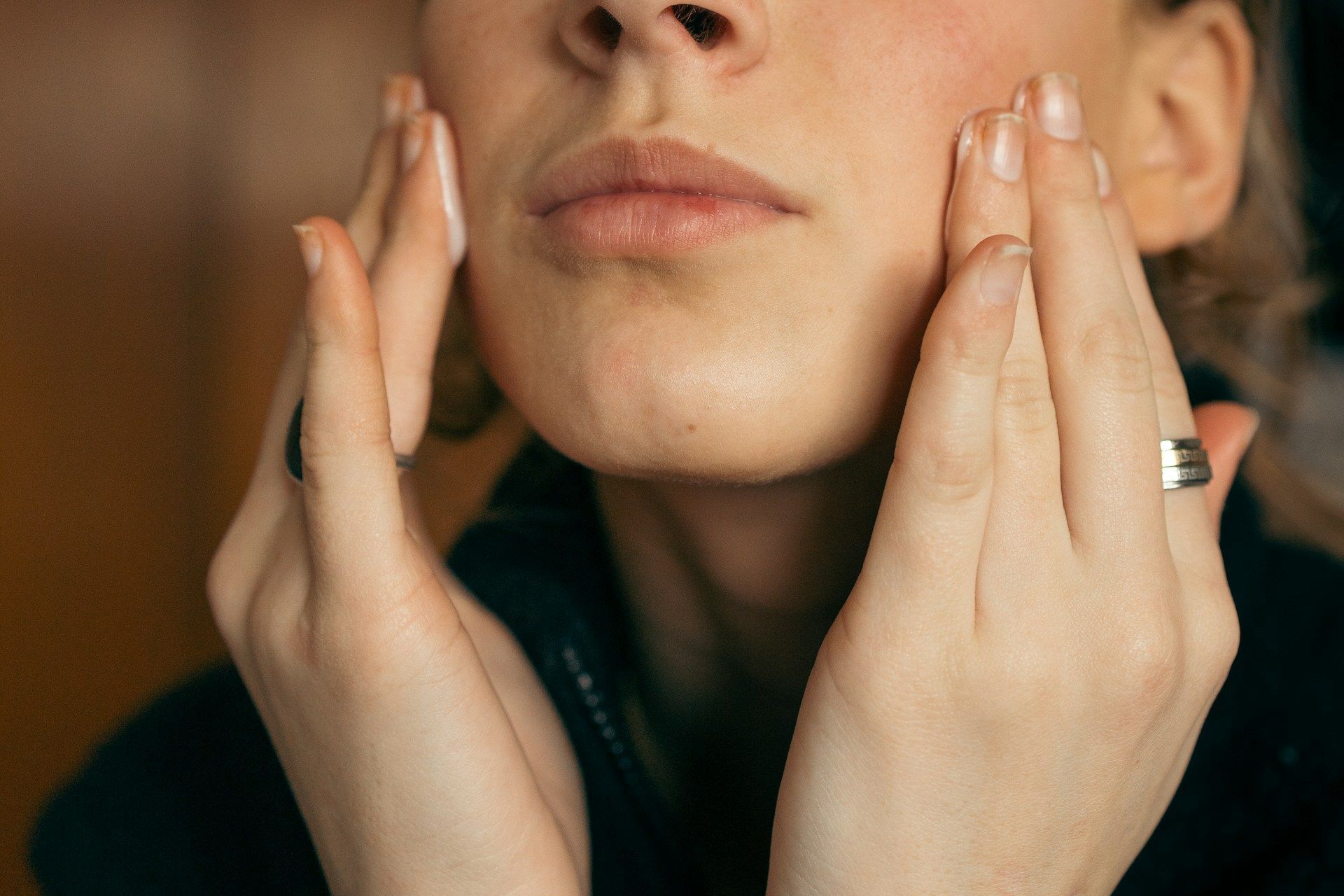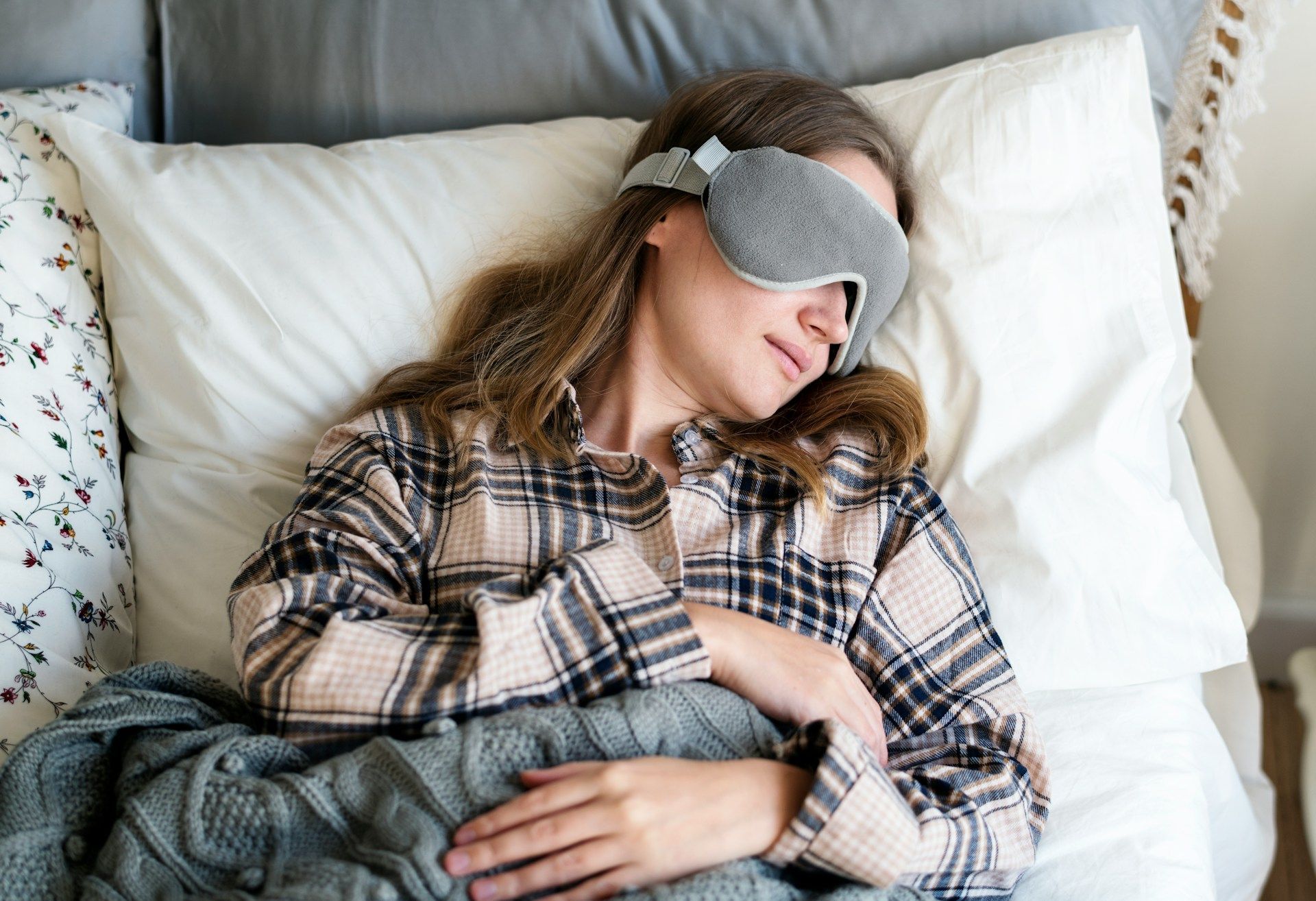Sleep Apnea and Oral Health Connection: Improve Both with Comprehensive Treatment

Sleep apnea, a prevalent sleep disorder characterized by repetitive pauses in breathing during sleep, is known to have wide-ranging health consequences. One aspect of health that is often overlooked when discussing sleep apnea is oral health. Indeed, the presence of sleep apnea can have direct and indirect effects on the health of your teeth, gums, and the temporomandibular joint (TMJ). Therefore, addressing sleep apnea not only helps improve sleep quality but can also contribute to better oral health. At The Center for Sleep Apnea and TMJ in Meridian, Dr. Cameron Kuehne and our team provide comprehensive treatment options to tackle both sleep apnea and oral health concerns, helping patients lead healthier, happier lives.
In this blog post, we will delve into the connection between sleep apnea and various oral health issues, such as tooth damage, gum disease, and TMJ disorders. We will also provide insights on how treating sleep apnea can contribute to improved oral health. Finally, we will explore the personalized and integrative treatment options available at The Center for Sleep Apnea and TMJ in Meridian, helping patients address sleep apnea and improve their oral health effectively.
If you or someone you know struggles with sleep apnea and faces oral health challenges, this blog post can offer valuable information and insights backed by Dr. Cameron Kuehne's expertise. Join us as we shine a light on the relationship between sleep apnea and oral health and delve into the comprehensive treatment solutions available at The Center for Sleep Apnea and TMJ in Meridian.
Sleep Soundly, Smile Brightly: How Addressing Sleep Apnea Can Improve Oral Health with The Center for Sleep Apnea and TMJ in Meridian
The Connection Between Sleep Apnea and Oral Health Issues
Sleep apnea is a multifaceted sleep disorder that can impact various aspects of a person's health, including their oral health. Understanding the link between sleep apnea and specific oral health concerns can shed light on the importance of addressing this sleep disorder to promote overall health and well-being. Here are some common oral health issues associated with sleep apnea:
1. Tooth Grinding (Bruxism): Sleep apnea can contribute to nighttime tooth grinding or bruxism. This behavior puts excessive pressure on the teeth, leading to wear, tooth fractures, and in severe cases, tooth loss.
2. Dry Mouth: Breathing through the mouth, which can occur due to sleep apnea, often results in dry mouth. A lack of saliva may increase the risk of tooth decay and gum disease, as saliva plays a crucial role in neutralizing harmful bacteria and maintaining a healthy oral environment.
3. Gum Disease: Sleep apnea can indirectly increase the risk of developing gum disease. The relationship between sleep apnea and gum disease can be attributed to factors such as dry mouth, inflammation, and a weakened immune system resulting from poor sleep quality.
4. Temporomandibular Joint (TMJ) Disorders: Sleep apnea and TMJ disorders often coexist. The strain put on the jaw while trying to maintain an open airway during sleep can exacerbate or trigger TMJ disorders, leading to pain, discomfort, and compromised jaw function.
Treating Sleep Apnea for Improved Oral Health
Addressing sleep apnea is a crucial step toward mitigating its impact on oral health. Optimal management of sleep apnea can alleviate symptoms such as tooth grinding, dry mouth, and jaw strain and contribute to better overall oral health. Below are several treatment strategies to consider for managing sleep apnea and improving oral health:
1. Oral Appliance Therapy: Custom-made oral appliances, also known as mandibular advancement devices, can help maintain an open airway during sleep by repositioning the lower jaw. These appliances can be particularly useful in reducing the frequency and intensity of tooth grinding, alleviating TMJ strain, and mitigating sleep apnea symptoms.
2. Lifestyle Changes: Adopting healthy lifestyle habits, such as maintaining a balanced diet, engaging in regular exercise, and practicing good sleep hygiene, can contribute to better sleep quality and improved overall health. In turn, these lifestyle changes may help alleviate sleep apnea symptoms and promote better oral health.
3. TMJ Therapy: For those experiencing TMJ disorders in conjunction with sleep apnea, targeted TMJ therapy can help alleviate pain, discomfort, and jaw dysfunction. TMJ therapy options may include oral appliances, physical therapy, relaxation techniques, and at-home care strategies.
4. Regular Dental Visits: Regular dental checkups and professional cleanings play a pivotal role in maintaining good oral health, particularly for those with sleep apnea. Staying vigilant about dental care helps identify and address any oral health issues promptly, preventing further complications.
Comprehensive Treatment at The Center for Sleep Apnea and TMJ in Meridian
At The Center for Sleep Apnea and TMJ in Meridian, under the guidance of Dr. Cameron Kuehne, we provide personalized and integrative treatment options that address sleep apnea along with its impact on oral health. Our comprehensive approach focuses on understanding each patient's unique needs, enabling us to craft tailored treatment plans designed to promote better sleep and improved oral health.
1. Assessment and Diagnosis: Our team conducts thorough assessments to determine the presence of sleep apnea and its severity, along with any underlying oral health concerns. This in-depth evaluation informs our tailored treatment recommendations.
2. Collaboration with Dental and Medical Professionals: We work closely with dental professionals and medical practitioners to ensure our patients receive the most comprehensive care possible, addressing both sleep apnea and its impact on oral health.
3. Ongoing Support and Monitoring: Successful management of sleep apnea and the associated oral health issues requires ongoing support and monitoring. Our team provides regular follow-up care to ensure patients continue to achieve optimal sleep and maintain excellent oral health.
Conclusion
The connection between sleep apnea and oral health is undeniable, and addressing this sleep disorder is an essential step towards improving overall health and well-being. At The Center for Sleep Apnea and TMJ in Meridian, Dr. Cameron Kuehne and our team are dedicated to providing comprehensive, tailored
sleep apnea treatment in Meridian, ID, to help patients achieve better sleep and improved oral health. If you or a loved one are grappling with sleep apnea and its impact on oral health, don't hesitate to contact our skilled team and take control of your health today.
Contact Us
The Center for Sleep Apnea & TMJ
1718 S Millennium Way, Meridian, ID 83642
Phone: (208) 376-3600
Fax: (208) 376-3616
All Rights Reserved
The Center for Sleep Apnea & TMJ
All Rights Reserved - Accessibility Statement
The Center for Sleep Apnea & TMJ










